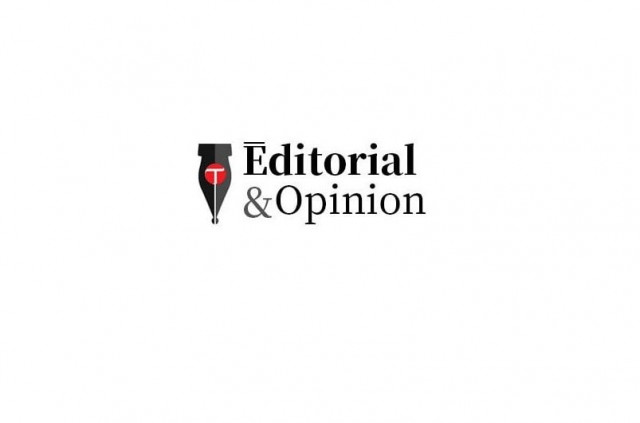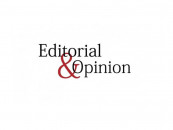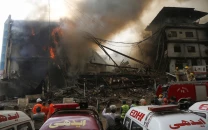Right to breathe
Two major cities of Pakistan rank highest in air pollution

According to the latest air quality index, the number of polluted particles in the atmosphere of both Karachi and Lahore were recorded at 250 and 233 particulate metres respectively — which comes under the classification of ‘dangerously harmful’ levels. That two major cities of Pakistan rank highest in air pollution is indeed a cause for alarm and should prompt officials to take necessary action.
In order to do so, the government must first understand that air pollution is a wicked problem with multiple factors contributing to its rise. Both cities are densely populated and carbon emissions from transport vehicles — especially four-stroke rickshaws and dilapidated buses — are considerably high. In Lahore, the situation is further aggravated by crop burning as plumes of smoke rise up, mix with the polluted air and travel across the Punjab province, resulting in severe winter smog. In Karachi, the industrial sector is the main culprit as factories remain unregulated and toxic residual smoke is released in the atmosphere. To make matter worse, this toxicity persists for a considerable period of time when sea breeze remains suspended.
To combat air pollution, a multi-pronged approach is necessary. This also means that the government will need to work against the interests of some powerful and influential industrialists as well as feudal lords for greater regulation and accountability. It would also be a smart move to introduce carbon taxation, whereby factories must pay a certain amount of penalty if emissions go over a prescribed limit. But before this, a city-wide programme should be carried out whereby scientists can calculate and ascertain the current carbon footprint of different sectors. The dangers of poor air quality and the health consequences attached to it cannot be under- stated. Millions are suffering from serious respiratory and heart conditions. Therefore, the right to breathe clean air must be upheld by those holding office.















COMMENTS
Comments are moderated and generally will be posted if they are on-topic and not abusive.
For more information, please see our Comments FAQ